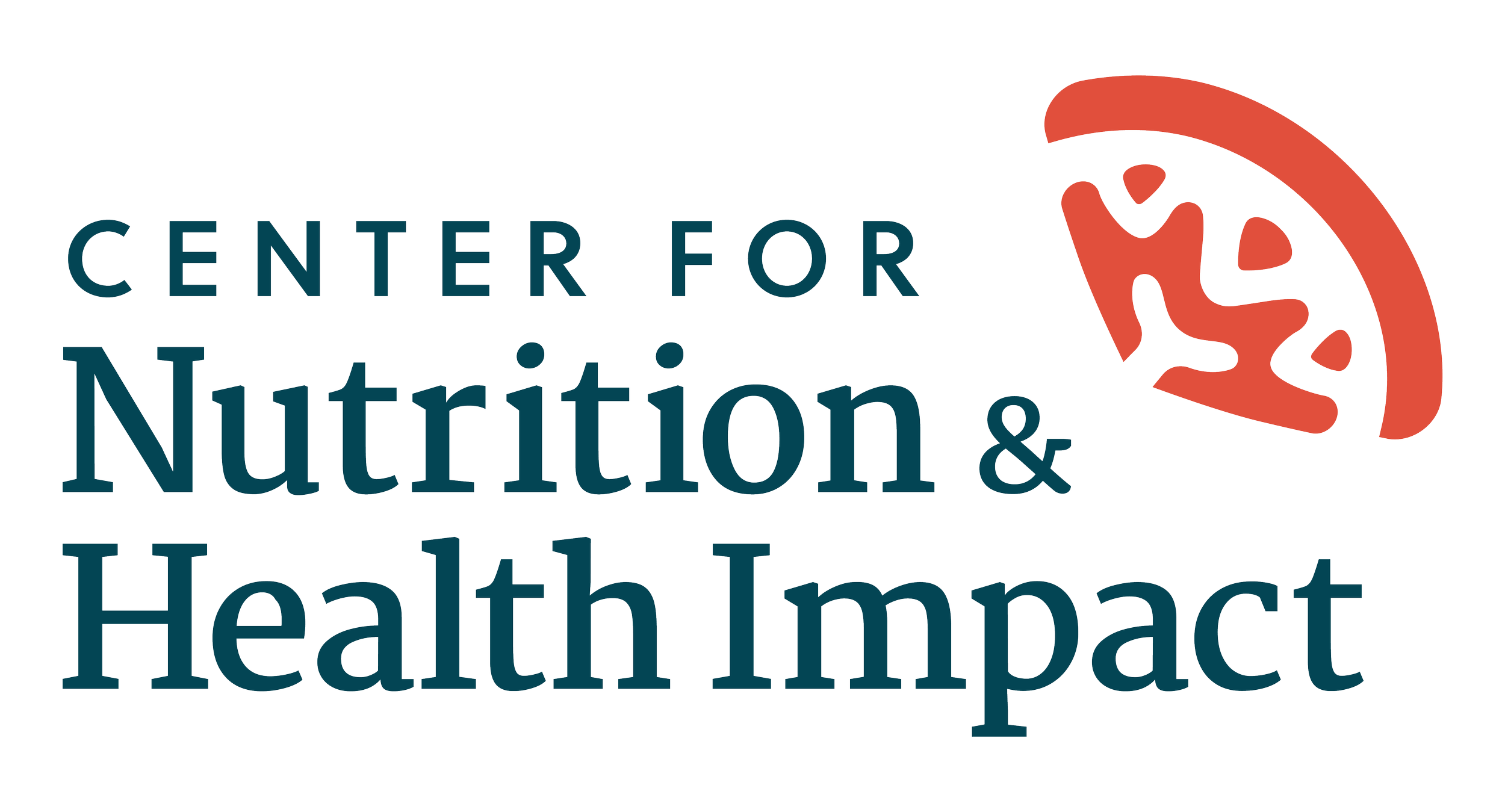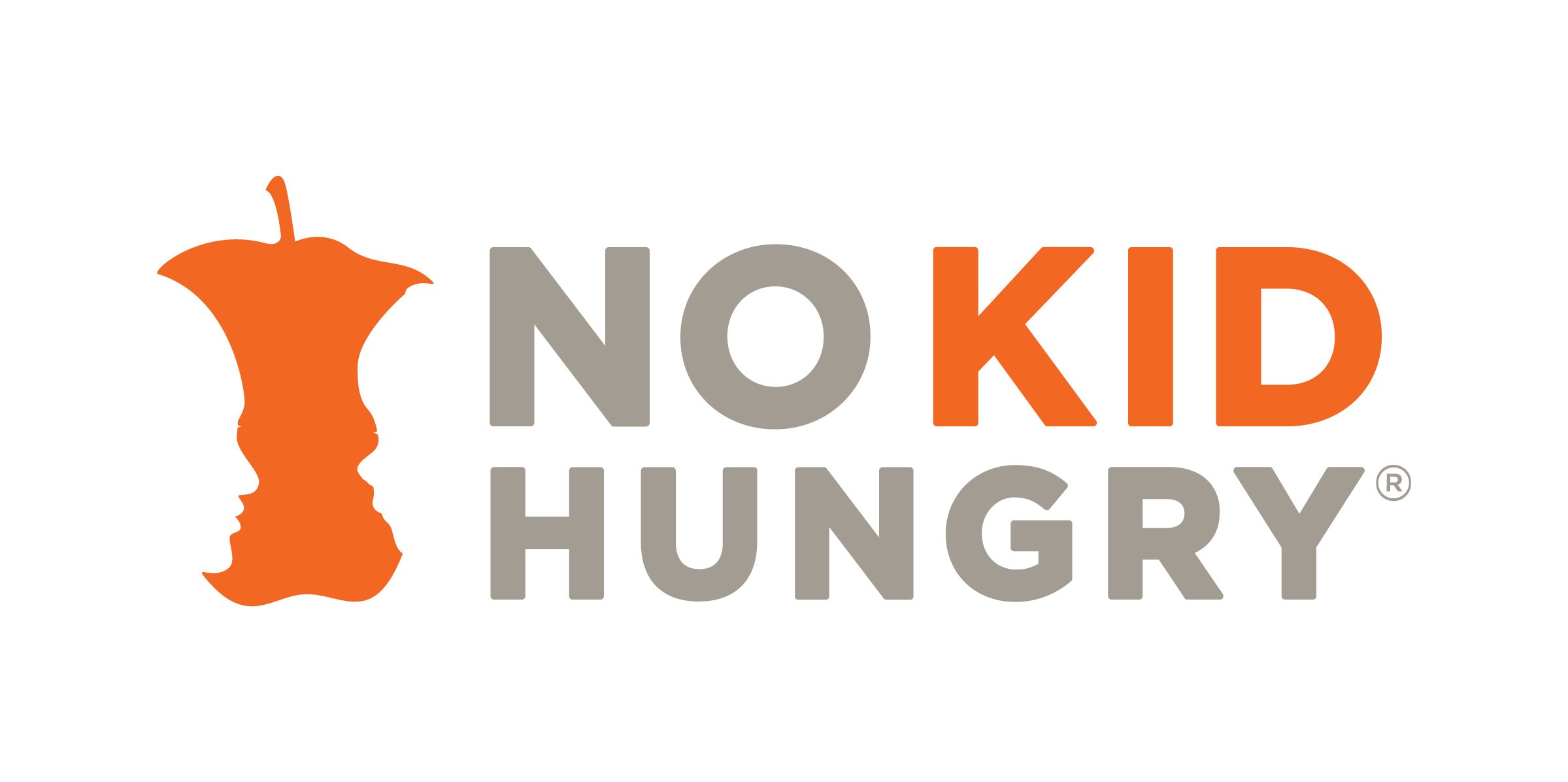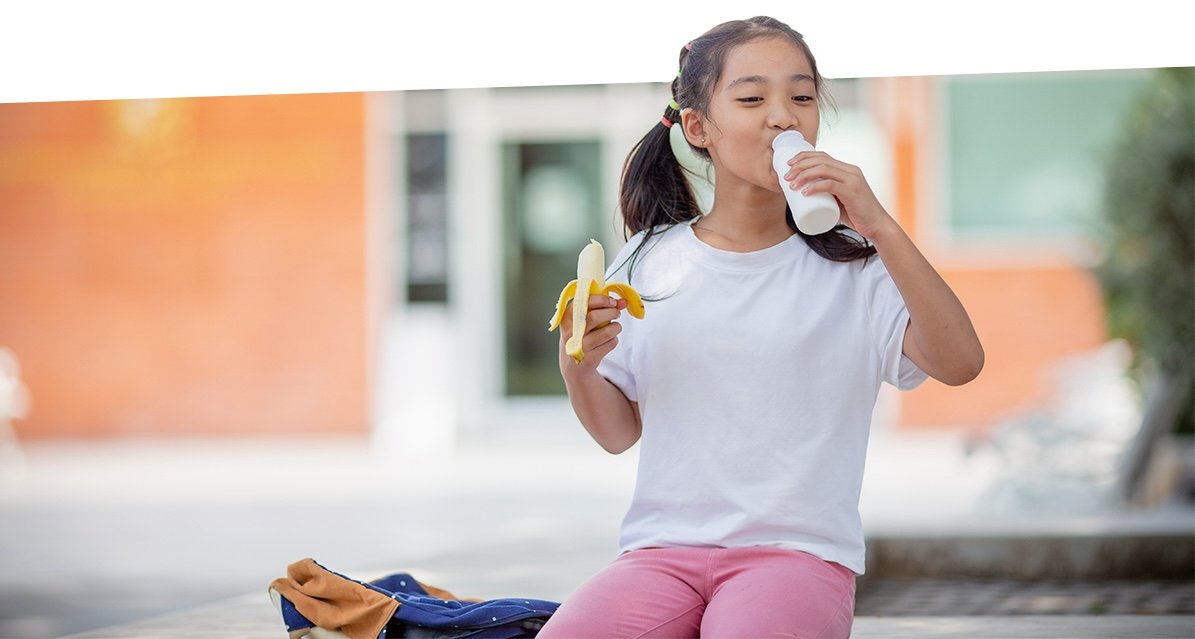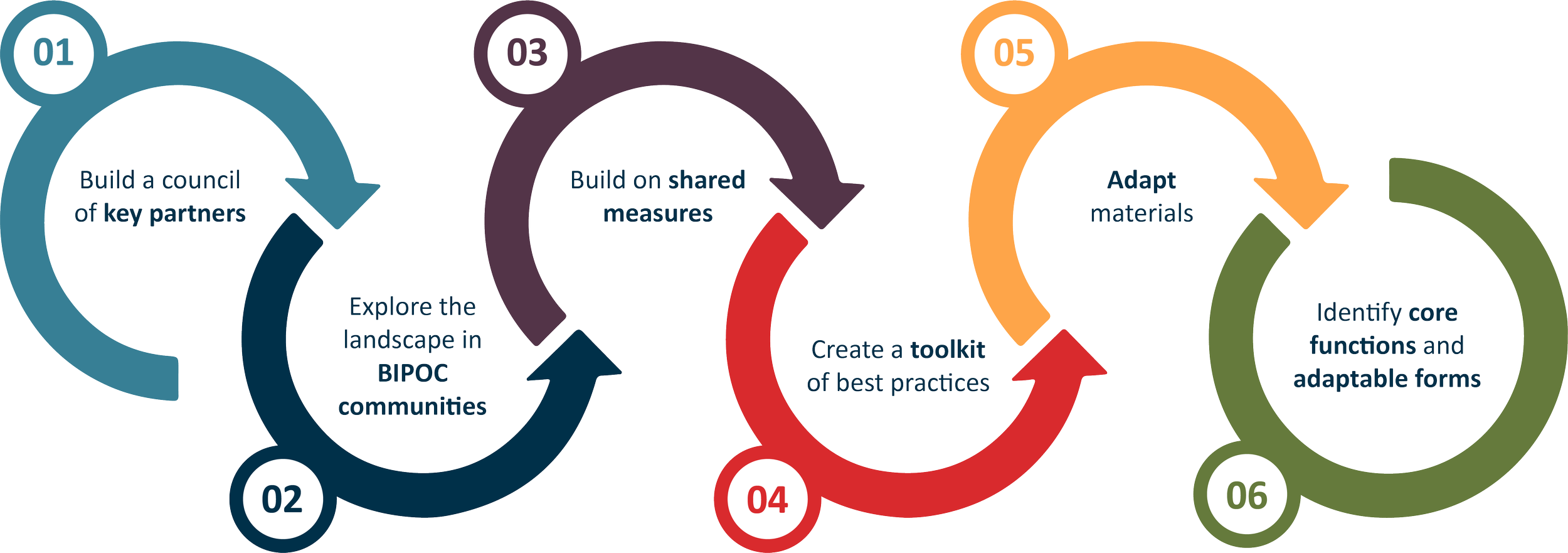------- + -------
Partnership with
Share Our Strength
In partnership with Share Our Strength, we conduct research and evaluation to support initiatives that help children and families get the nutrition they need to be their healthiest.
See Projects
Collaboration with Share Our Strength
About Share Our Strength
With a mission to end hunger and poverty in the U.S. and abroad, Share Our Strength operates federal campaigns, including No Kid Hungry, to end childhood hunger in the United States.









